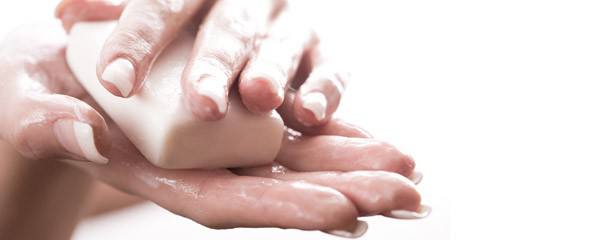Want to form a healthy habit? Just wash your hands!
This World Hand Hygiene Day NPS MedicineWise is urging people to wash their hands of infectious diseases.Sunday 5 May 2013 marks the fifth annual World Hand Hygiene Day – a World Health Organization (WHO) campaign to promote simple, low cost and effective infection control and prevention in hospitals, primary care settings and the community.
While much of the WHO campaign promotes the life-saving benefits of clean hands in global health care, NPS MedicineWise Clinical Adviser, Dr Philippa Binns, says that clean hands are just as important for preventing infection at home or in the workplace.
“Now that we’re entering the cold and flu season in Australia, it’s time to start forming healthy habits to stop those nasty infections making the rounds at work, at school and at home,” says Dr Binns.
“Clean hands are one of our best defences against infectious diseases. It sounds simple, because it is.”
As Dr Binns explains, viruses and bacteria that cause respiratory tract infections (RTIs) can easily spread from person to person. When someone with the infection coughs, sneezes, laughs or talks, the infection-carrying droplets can get on hands, objects and surfaces or can be breathed in and infect other people.
“Regularly washing your hands with soap and running water is always good practice, but it’s particularly important that you remember to do so after blowing your nose, coughing or touching your eyes, nose or mouth when you’re sick.
“That way, whether you’re preparing meals or touching objects like a door knob, a hand rail, or a keyboard, there’s far less chance that you will transfer your infections onto surfaces that others might touch.”
Dr Binns says that washing your hands of infection is cheap and easy if you follow six simple steps:
- Lather your hands with soap.
- Rub both palms together.
- Wash each finger and between your fingers too.
- Scrub your palms using your fingernails.
- Rub the back of one hand with the palm of the other.
- Rinse your hands thoroughly with running water and then dry them.
“Preventing infectious diseases – even serious and life-threatening ones – isn’t just a job for health professionals. Everyone can take some really simple steps to reduce the spread of infection in our community,” says Dr Binns.
“If you do catch a cold or flu this winter, remember to practice good hygiene, stay at home to rest, treat your symptoms, and don’t expect your doctor to prescribe antibiotics.
“Antibiotics are only effective against bacteria and not viruses — colds, flu and most coughs are caused by viruses and will get better on their own.
“Every time we take antibiotics unnecessarily or incorrectly we encourage the development of dangerous antibiotic-resistant bacteria and contribute to the spread of superbugs in the community.
“So this World Hand Hygiene Day, make a commitment to keep you hands clean and spread knowledge about colds and flu – not infections.”
(Source: NPS medicinewise)
Dates
Created by:

 Login
Login














